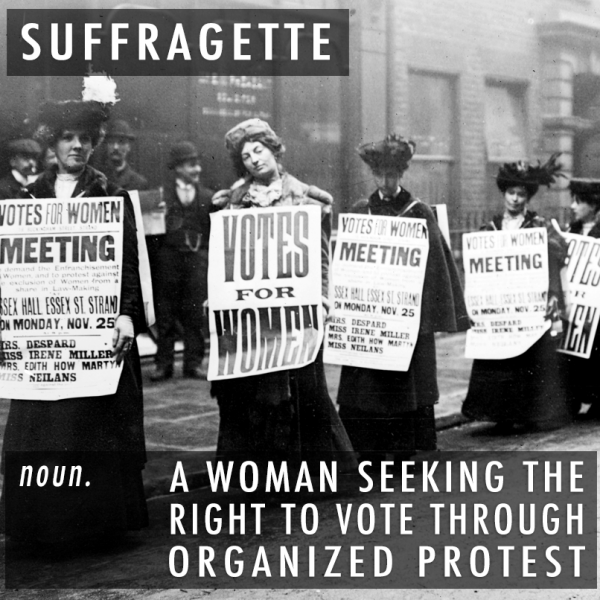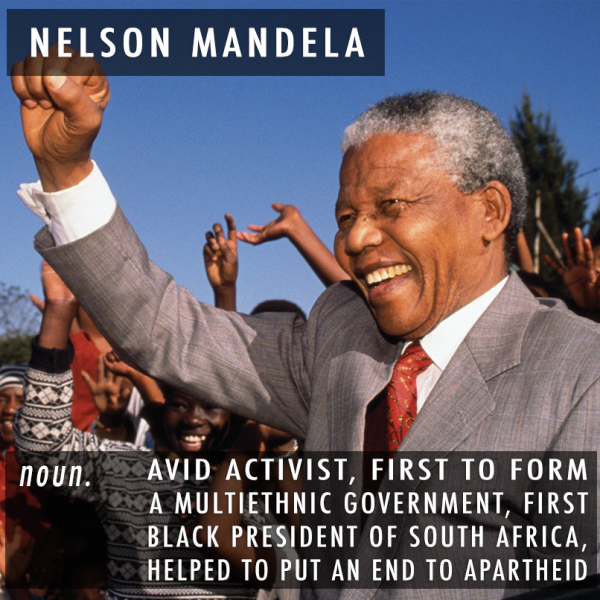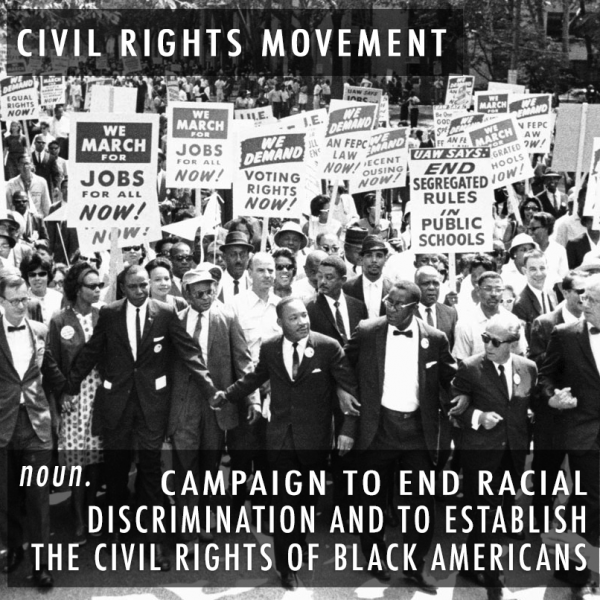
The Civil Rights Movement
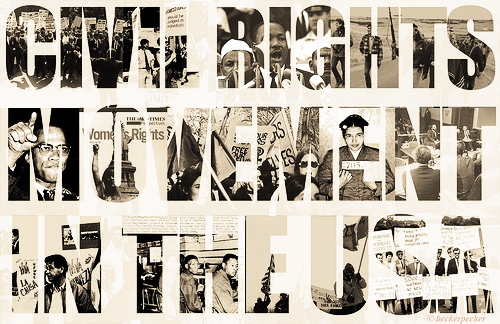 is the name given to the movement that fought to grant rights and equal opportunities for the African American community. Nearly 100 years after the Emancipation Proclamation, the African Americans were still oppressed, subjected to racial violence, denied the right to vote, segregated from Caucasians and even children were kept from going to school.
is the name given to the movement that fought to grant rights and equal opportunities for the African American community. Nearly 100 years after the Emancipation Proclamation, the African Americans were still oppressed, subjected to racial violence, denied the right to vote, segregated from Caucasians and even children were kept from going to school.
In 1960, after having the Supreme Court say that segregation on public transport was unconstitutional, the Civil Rights Movement began going to places where they would not be served and started to sit down on the floor refusing to leave, as a form of protest. Although many were arrested, kick out or even beaten up doing protests, the movement maintained a peaceful approach, which created a mass sympathy for the cause.
In 1963 around 250 thousand people gathered at Washington to pressure the Congress to pass the Civil Rights bill. Martin Luther King, Jr. gave his “I have a dream” speech that would later become one the most famous speeches.
Civil Rights Movements got most of their victories in 1064 and 1965. In 1964 the Civil Rights Act banned discrimination in public places, in the selection for jobs, schools or in government programs. In 1965 another major break through come along when the Voting Rights Act of 1965 ended the restrictions to register and other obstacles to vote.
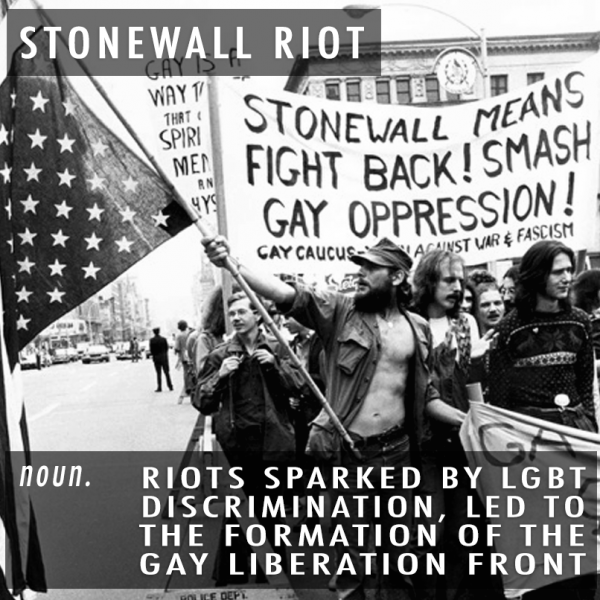
Suffragettes
was a 19th century to early 20th century movement for the right to vote for women.The term Suffrage means the right to vote in political elections. The first members of the movement were against any type of violence, claiming that trouble and destruction would only cause men to believe that women couldn’t be trusted with the right to vote. Suffragists are the general name given to followers of the Suffrage movement. The term Suffragettes only came about later on.
Although her progress was very slow, Millicent Fawcett was the main voice for the cause, arguing that women were capable of holding responsible posts in society, and that it was outrageous how they had to pay taxes like all men and follow laws like all men but didn’t had the right to vote for these laws like all men.
The slow pace and the lack of change left many women angry and by 1903 Emmeline Pankhurst and her daughters Christabel and Sylvia, founded the Women’s Social and Political Union. The Pankhurst believed that they had the ability to vote and were prepare to take any means necessary to acquire that right.
It took the Suffragettes a few years of violent struggle, arrests, hunger strikes and force-feeding but by 1928 with the Equal Franchise Act of 1928 all women over age of 21 had the right to vote.
.
